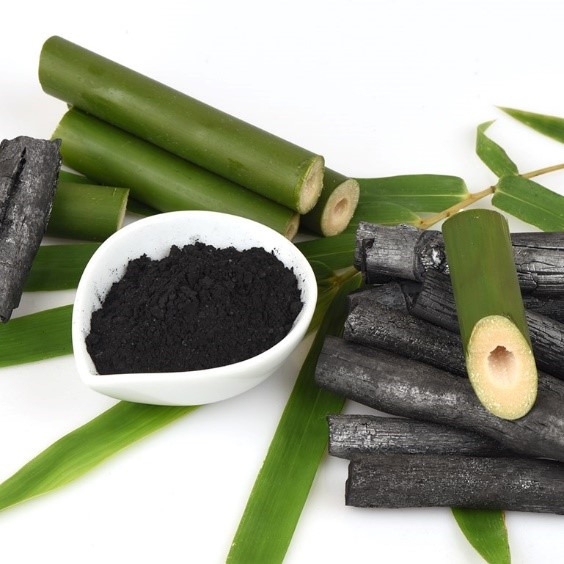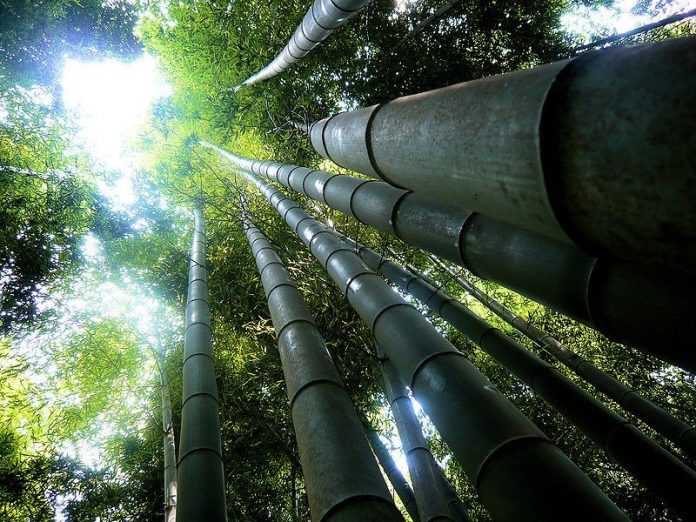The rapid depletion of fossil fuels and the need to protect the global environment from climate change has resulted in the urgency to seek alternative sources of fuels. This is to meet increasing energy demand in a fast-developing Africa. The problem is that most sub-Saharan countries rely on non-renewable fuels as the main source of energy- oil, gas, and coal- to generate electricity. However, recently the dependence on fossil fuels has gradually been replaced with cleaner and more sustainable sources of energy.
Bamboo
Bamboo is one of the fastest-growing plants on the planet and produces large amounts of biomass- making it an ideal source of energy. Tropical bamboos can be harvested after just three years, compared to the time taken to generate a timber forest. A single bamboo pole can provide rudimentary power to a rural household for a month. Also, they can provide a fast economic return from rural households due to the ability of most species to grow on marginal lands in conjunction with agriculture aside from the biological advantages of slope stabilization and carbon sequestration.
Read also: A Twisted Reality- Coal Power In Kenya Is A Fuss
Could bamboo provide an answer to energy poverty in many parts of a developing Africa?
Bamboo grows naturally across Africa and may present a viable, clean and sustainable alternative to fuelwood. More than 600 million people in Africa live without electricity and about 80% come from the rural areas while biomass fuels are generally portrayed for their negative impacts- linked to deforestation, land degradation amongst other ill effects.

Sub-Saharan Africa has over 2.75 million hectares of bamboo forest, equivalent to roughly 4 percent of the continents total forest cover. unlike trees, bamboo regrows after harvest and lends itself very well to energy plantations on degraded lands. This should be used to provide clean energy for the continent.
So why promote bamboo for biomass energy?
Bamboo has numerous livelihood benefits, including providing local employment and helping people to protect the land. it can also be burnt on-demand, removing the need for energy storage.
Bamboo takes around four years to mature, making it ideal for restoration efforts. It is also an indigenous species throughout tropics and sub-tropics, native to Africa, Asia, and the Americas. In terms of biomass for energy generations, in rainfed systems, bamboo can yield from 5 to 40 tonnes per hectare per year. In irrigated plantations, this yield can increase to 100 tonnes.

Bamboo charcoal is a viable, clean and sustainable alternative to fuelwood and may be key to combating soil degradation and massive deforestation in. Bamboo pellets can also be used in fuel production which will see a decrease in the use of fossil fuels. Also, Bamboo charcoal could provide an excellent alternative to hardwood charcoal production as bamboo biomass production is much greater and considerably more sustainable.
It takes 7 to 10 tonnes of raw wood to produce one tonne of wood charcoal, making fuelwood collection an important driver of deforestation in Africa, a continent of nearly one billion people who have few alternative fuel sources. About 80% of the rural population in sub-Saharan Africa depends on forest wood for fuel, and scientists believe that deforestation across the Horn of Africa, particularly for firewood harvest, has contributed to the pervasive drought in the region.
Initial successes with bamboo charcoal in Ethiopia and Ghana, which have put bamboo biomass at the center of renewable energy policies are spurring interest in countries across the continent and prompting calls for greater investment in bamboo-based charcoal production as a ‘green biofuel’ that can fight deforestation and mitigate climate change.
China is a global leader in the production and use of bamboo charcoal. The sector is worth the estimated US $1 Billion a year and employs over 60, 000 people in more than 1000 businesses. A partnership among African nations and communities, the international network for bamboo and rattan and china are working to substitute hardwood with bamboo charcoal to meet firewood needs in rural communities.
Several African countries are pressing for the development of their bamboo charcoal industries are pressing for the development of their bamboo charcoal industries to provide sustainable, affordable energy for growing populations. Building on bamboo energy solutions could help Africa in achieving clean energy solutions.



